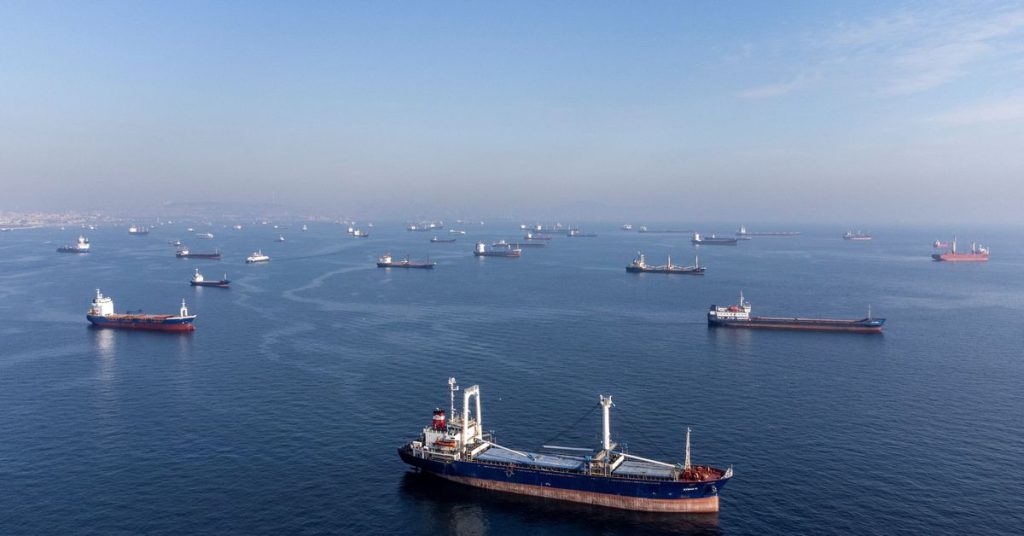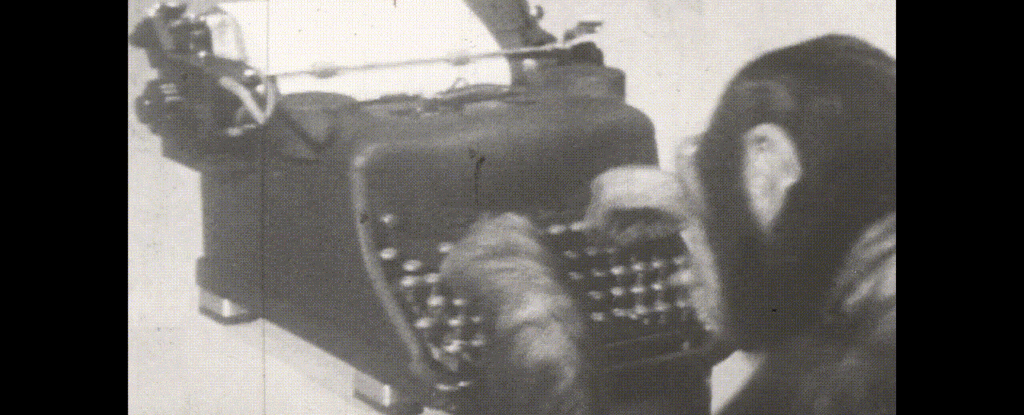
ANKARA/Kyiv (Reuters) – Russia said on Wednesday it would resume its participation in a deal to free up vital grain exports from war-torn Ukraine after it was suspended at the weekend, in a move that threatened to exacerbate hunger across the country. Globalism.
The Russian Defense Ministry said it had received written guarantees from Kyiv that the Black Sea grain corridor would not be used in military operations against Russia.
“The Russian Federation considers that the guarantees it has received at the present time appear sufficient and is resuming the implementation of the agreement,” the ministry said in a statement.
Russia suspended its participation in the deal on Saturday, saying it could not guarantee the safety of civilian ships crossing the Black Sea due to an attack on its fleet there, part of which it said came from inside the grain export corridor. Ukraine said that was a false excuse.
Turkish President Recep Tayyip Erdogan said earlier that Russian Defense Minister Sergei Shoigu told his Turkish counterpart that the grain deal signed on July 22, brokered by Turkey and the United Nations, would continue to work from midday on Wednesday.
Erdogan said that “the transfer of grain will continue as previously agreed until 12 noon today.”
Prices of wheat, soybeans, corn and rapeseed fell sharply in global markets after the announcement, easing concerns about growing food affordability.
Industry sources told Reuters that the ships continued to transport Ukrainian grain on the route despite the suspension, but that this is unlikely to continue for long because insurers have not issued new contracts due to Russia’s move.
“This is a completely unexpected turn,” Andrei Sizov, president of Russia-focused agricultural consultancy Sofikon, said of Russia’s decision.
“However, the deal remains shaky, as it is now back in guesswork over whether or not there will be an extension. With two weeks to go before the extension, it is clear that the debate on this issue will continue,” added Sizov.
The deal expires on November 19 and a European diplomat briefed on the grain talks told Reuters that Russian President Vladimir Putin would likely use a potential extension as a way to gain influence and dominance at next month’s G20 summit in Indonesia.
German Foreign Minister Annalena Barbock said the appeal shows how much countries can achieve together.
“This is an expression of how important it is for those who believe in the international system … to stand together in these difficult times and not allow themselves to be blackmailed by Russia,” Felt told Felt.
[1/7] Merchant ships including those that are part of the Black Sea grain deal wait to cross the Bosphorus strait off the shores of Yenikapi during a foggy morning in Istanbul, Turkey, October 31, 2022. REUTERS/Umit Bektas
Ukrainian President Volodymyr Zelensky said earlier that the world should respond firmly to any Russian attempts to disrupt Ukraine’s export corridor across the Black Sea, which was blocked after Moscow invaded Ukraine on February 24.
The Russian blockade has exacerbated food shortages and a cost-of-living crisis in many countries, with Ukraine being one of the world’s largest suppliers of grain and oilseeds.
Zelensky, in a video speech on Tuesday evening, said that ships are still moving from Ukrainian ports with cargo thanks to the work of Turkey and the United Nations.
“But a reliable and long-term defense of the grain corridor is needed,” Zelensky said.
“Russia must clearly realize that it will receive a harsh response from the world for any steps to disrupt our food exports,” Zelensky said. “Obviously, the issue here is about the lives of tens of millions of people.”
The grain deal aims to help avert famine in poor countries by pumping more wheat, sunflower oil and fertilizer into world markets and easing steep price hikes. It targeted the pre-war level of 5 million metric tons exported from Ukraine each month.
Turkish Foreign Minister Mevlu Cavusoglu said earlier that Russia was concerned about its fertilizer and grain exports, echoing Russian officials in saying that the ships carrying them could not dock even though the exports were not included in Western sanctions.
There was no mention of any concessions on these issues in the Russian statement on the appeal.
Russian political analyst Tatiana Stanovaya said Moscow’s decision to resume the agreement had nothing to do with any guarantees from Ukraine.
“The Kremlin itself simply fell into a trap that it did not know how to get out of,” she said.
“It was necessary to step back and have a good look (not very successfully) when facing a bad match. That is, Putin, no matter how busy he is with Ukraine, his historical mission and his belief that he is right, remains a moderately rational politician who knows how to back off if necessary.”
The US ambassador to the United Nations, Linda Thomas Greenfield, told CNN she was “delighted” to hear Russia’s return to the agreement.
“They can’t stand in the way of feeding the whole world,” she said.
Additional coverage by Ezci Erkoyun in Ankara and other Reuters offices; Writing by Philippa Fletcher; Edited by Angus Maxwan
Our criteria: Thomson Reuters Trust Principles.

“Travel specialist. Typical social media scholar. Friend of animals everywhere. Freelance zombie ninja. Twitter buff.”





More Stories
Taiwan is preparing to face strong Typhoon Kung-ri
Israel orders residents of Baalbek, eastern Lebanon, to evacuate
Zelensky: North Korean forces are pushing the war with Russia “beyond the borders”